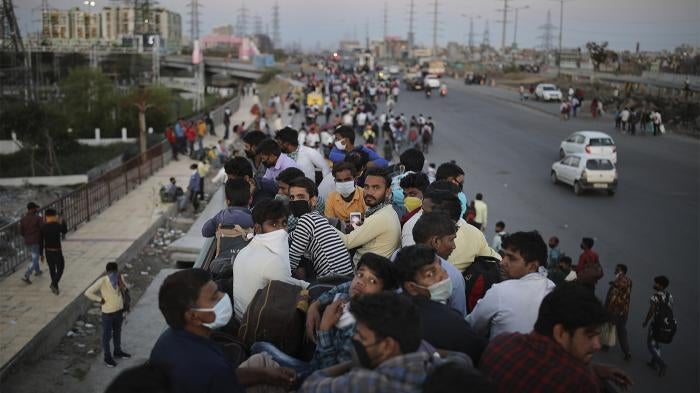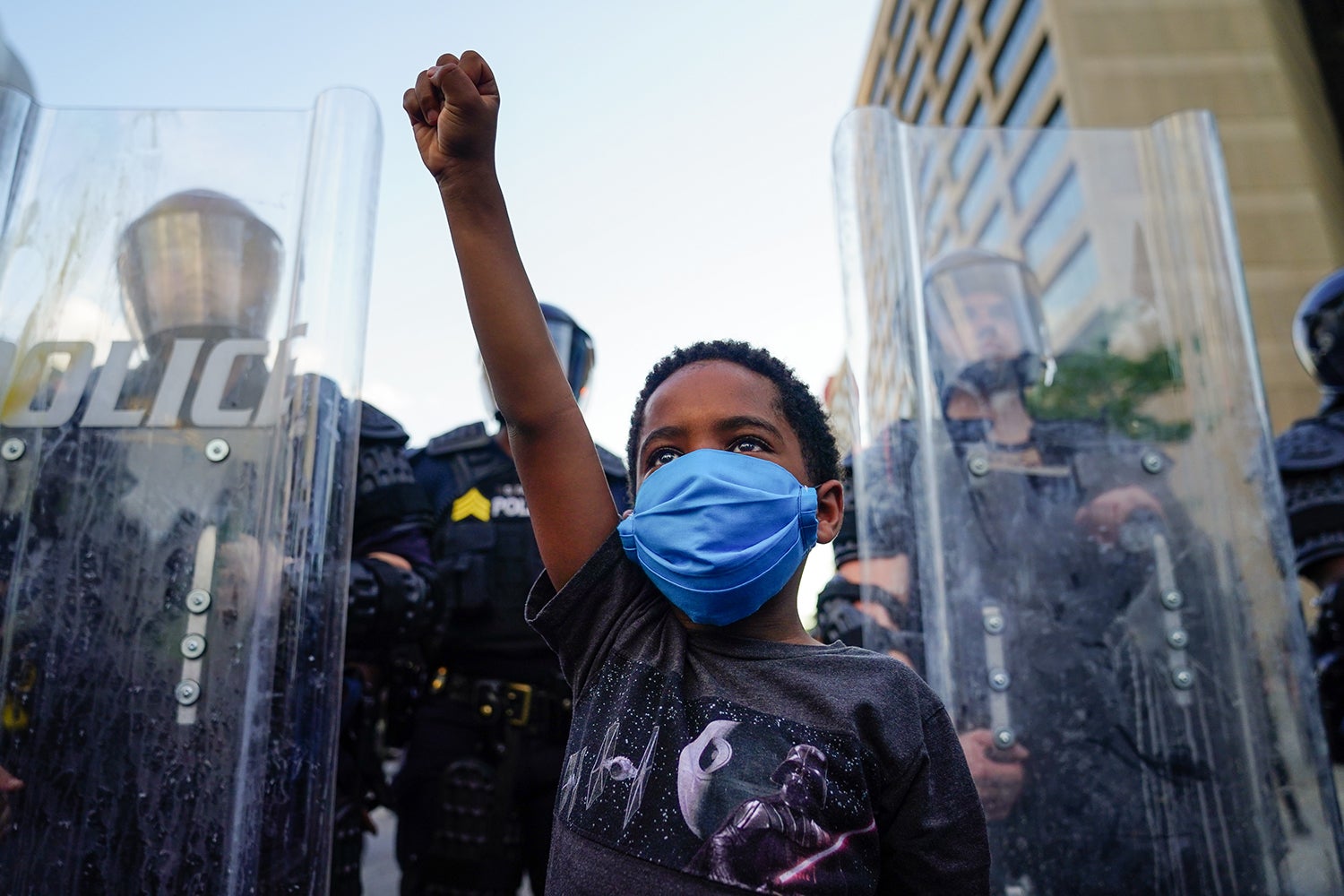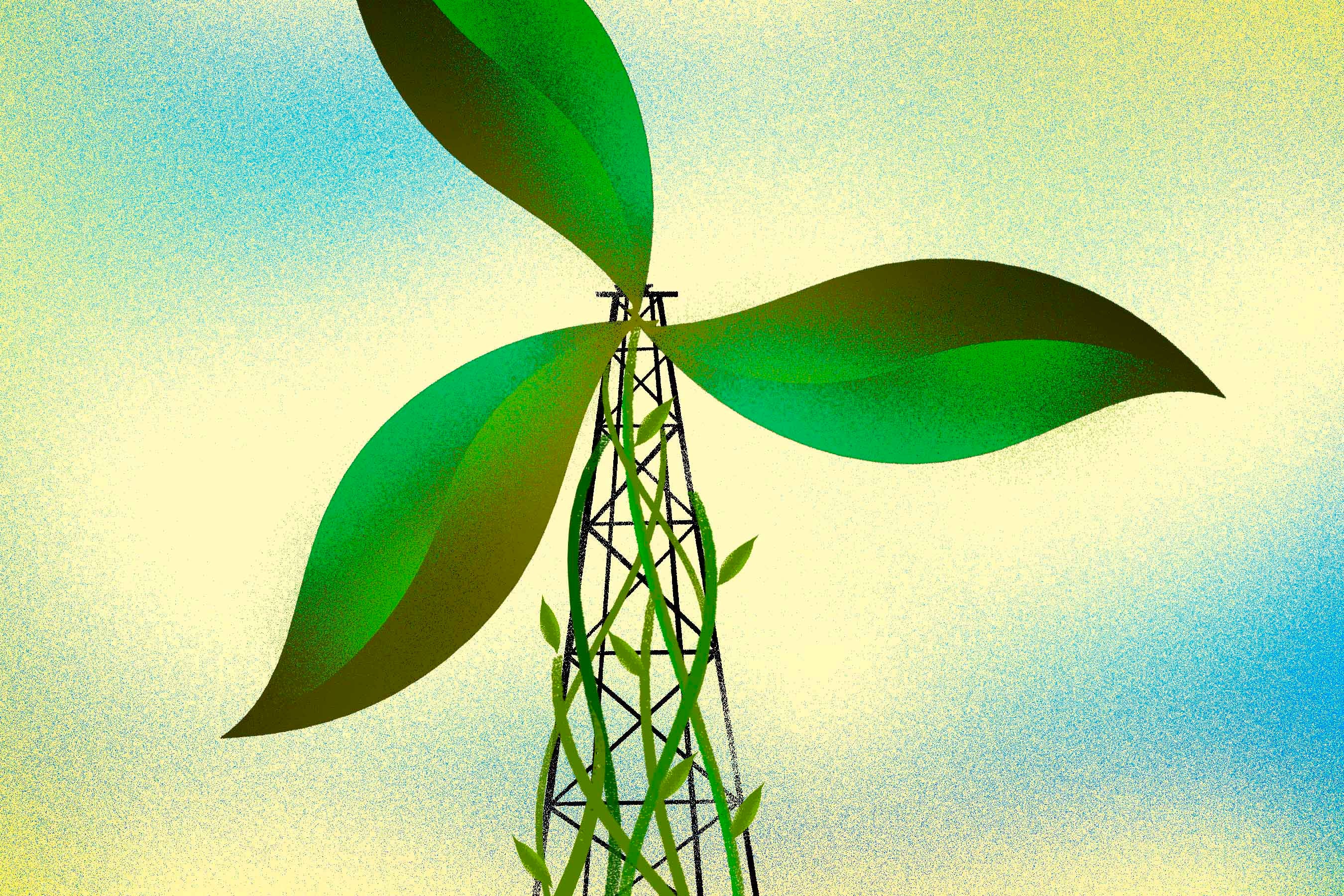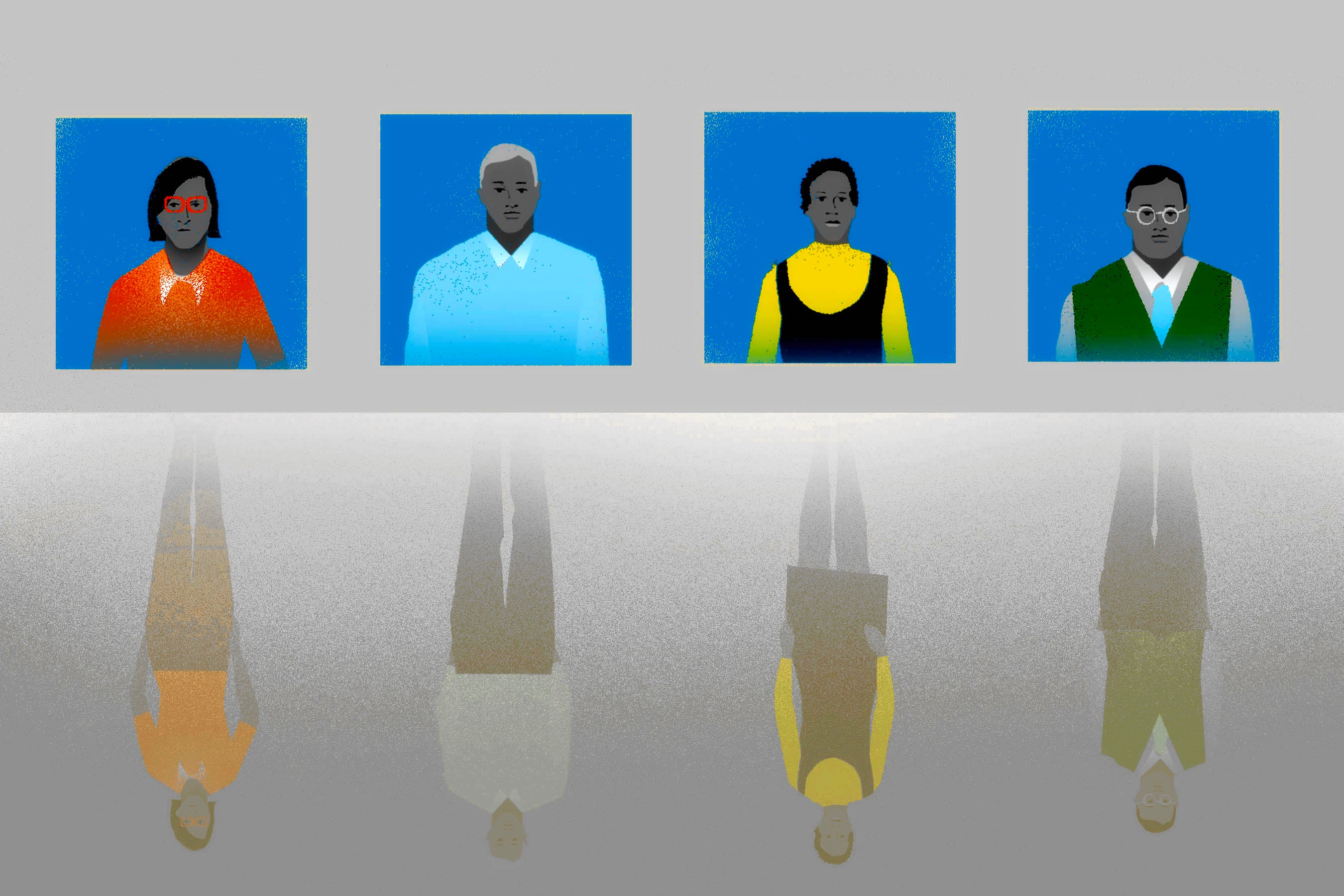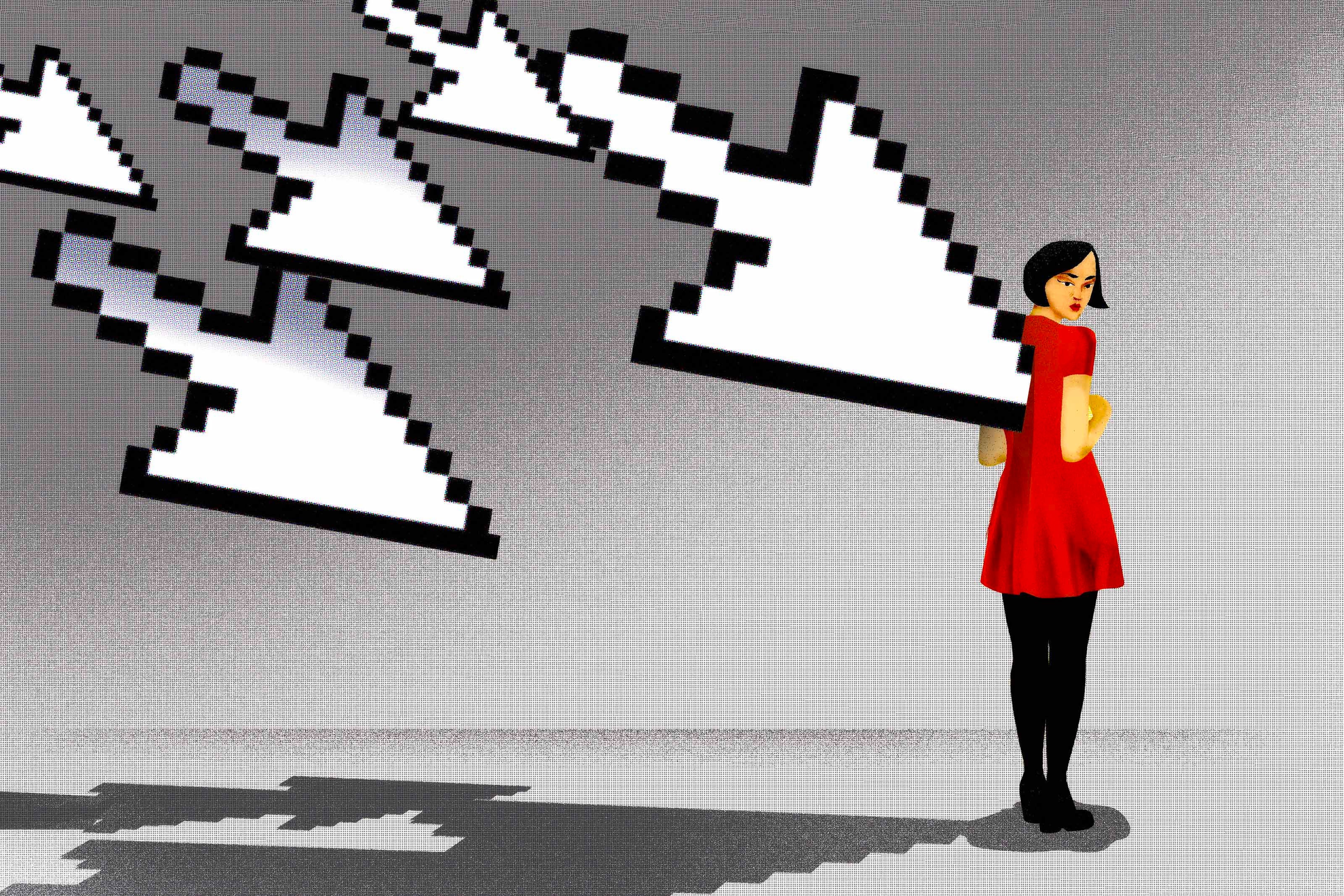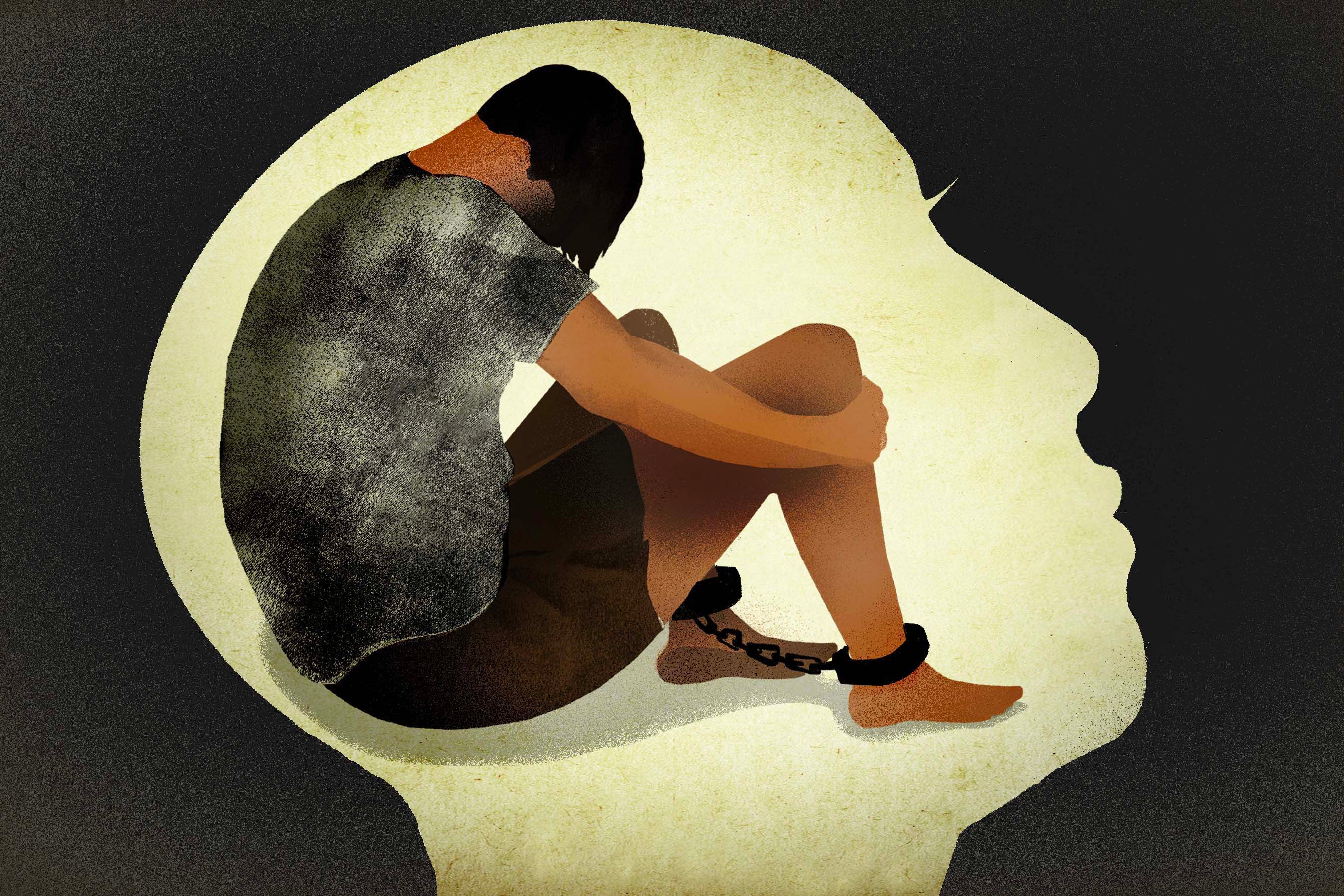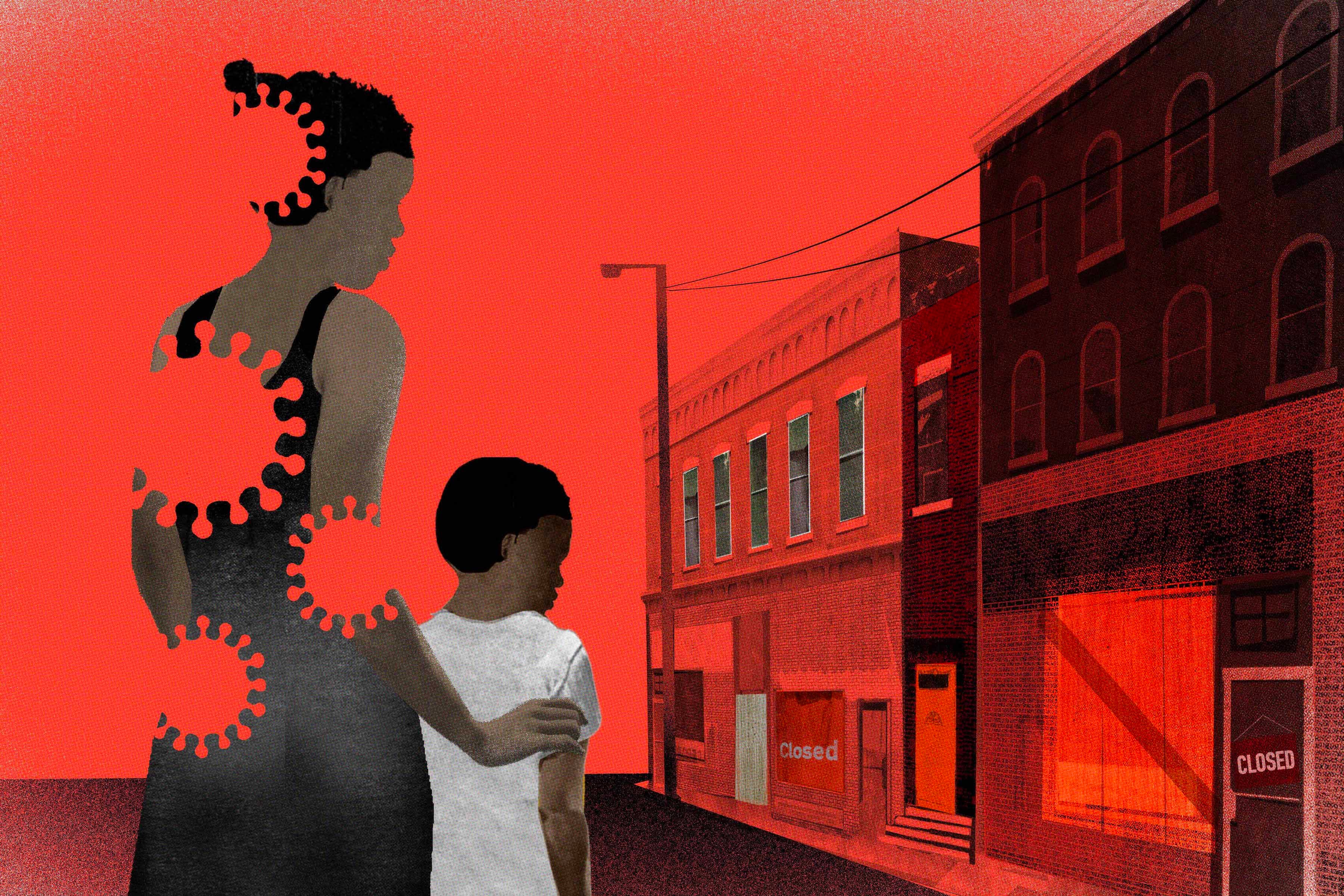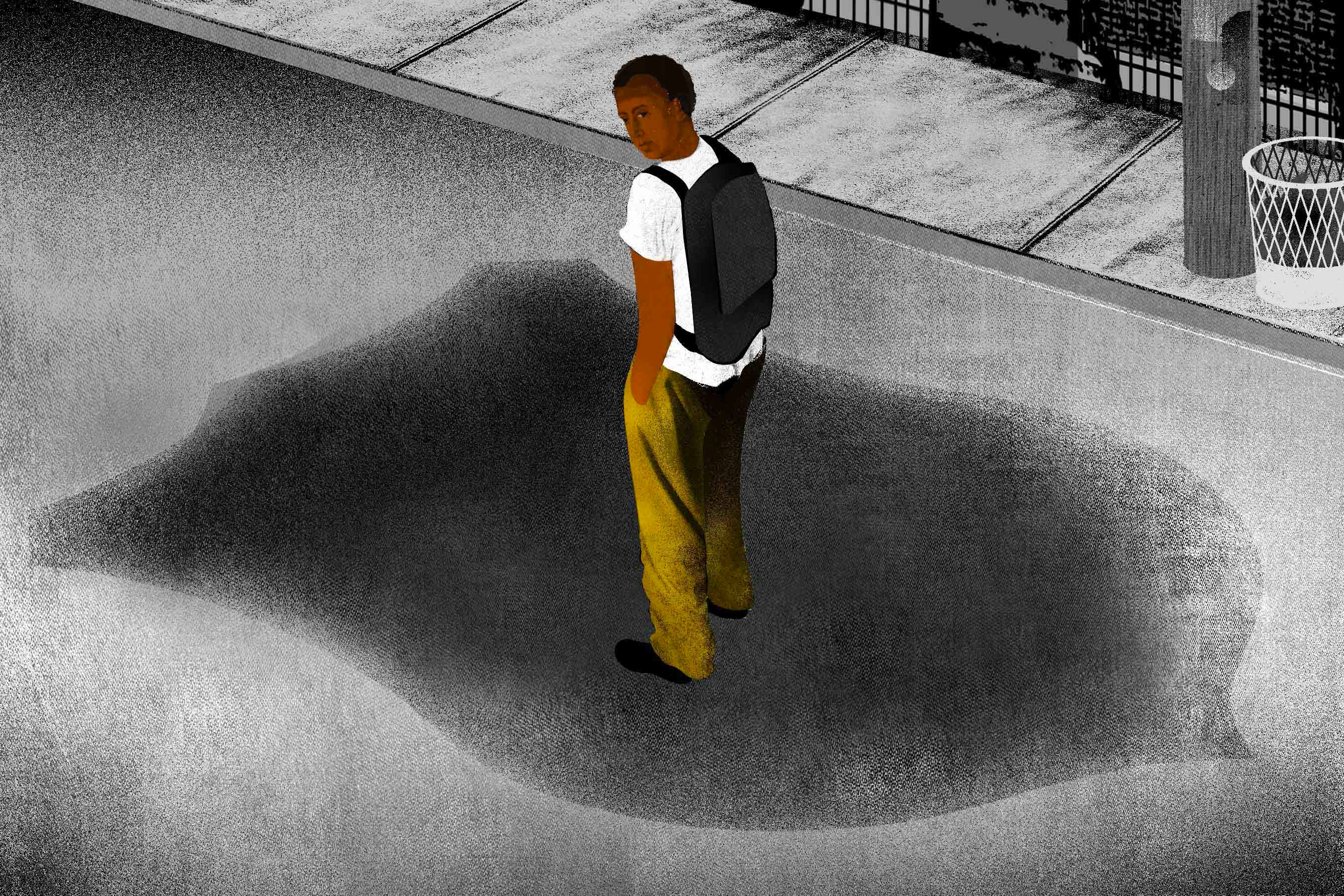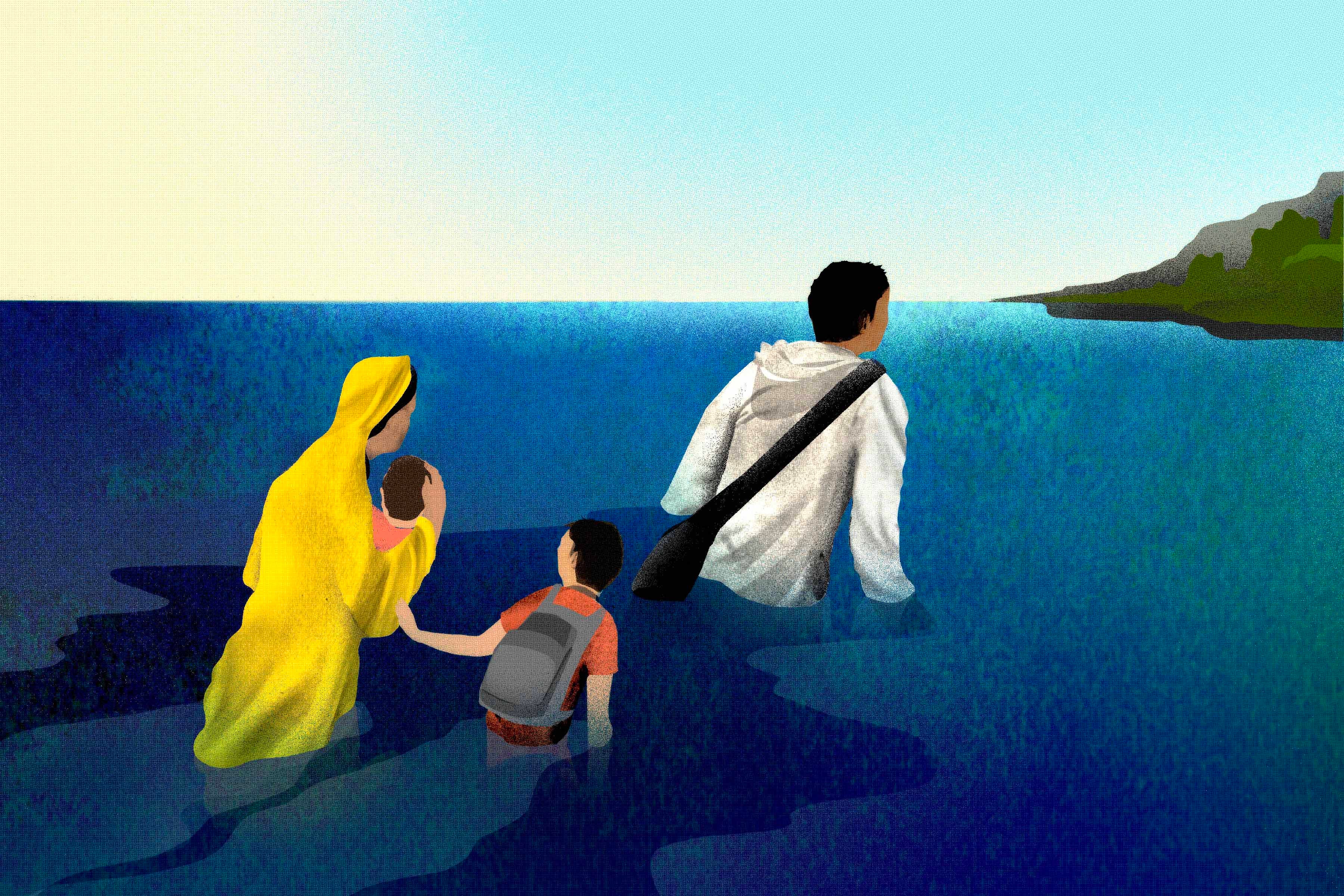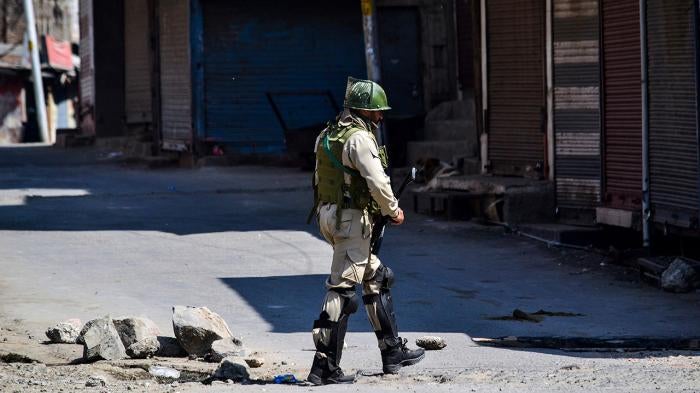The Bharatiya Janata Party (BJP)-led government increasingly harassed, arrested, and prosecuted rights defenders, activists, journalists, students, academics, and others critical of the government or its policies.
The government continued to impose harsh and discriminatory restrictions on Muslim-majority areas in Jammu and Kashmir since revoking the state’s constitutional status in August 2019 and splitting it into two federally governed territories.
Attacks continued against minorities, especially Muslims, even as authorities failed to take action against BJP leaders who vilified Muslims and BJP supporters who engaged in violence.
The Covid-19 lockdown disproportionately hurt marginalized communities due to loss of livelihoods and lack of food, shelter, health care, and other basic needs.
Jammu and Kashmir
Hundreds of people remained detained without charge in Jammu and Kashmir under the draconian Public Safety Act, which permits detention without trial for up to two years.
In June, the government announced a new media policy in Jammu and Kashmir that empowers the authorities to decide what is “fake news, plagiarism and unethical or anti-national activities” and to take punitive action against media outlets, journalists, and editors. The policy contains vague and overbroad provisions that are open to abuse and could unnecessarily restrict and penalize legally protected speech. The government also clamped down on critics, journalists, and human rights activists.
The restrictions, including on access to communications networks, since August 2019 adversely affected livelihoods, particularly in the tourism-dependent Kashmir Valley. The Kashmir Chamber of Commerce and Industries estimated that the first three months of the lockdown to prevent protests since August 2019 cost the economy over US$2.4 billion, for which no redress was provided. Losses nearly doubled since the government imposed further restrictions to contain the spread of Covid-19 in March 2020.
The pandemic made access to the internet crucial for information, communication, education, and business. However, even after the Supreme Court said in January that access to the internet was a fundamental right, authorities permitted only slow-speed 2G mobile internet services, leading doctors to complain that the lack of internet was hurting the Covid-19 response.
The Armed Forces (Special Powers) Act continued to provide effective immunity from prosecution to security forces, even for serious human rights abuses. In July, security forces killed three people in Shopian district, claiming they were militants. However, in August, their families, who identified them from photographs of the killings circulated on social media, said they were laborers. In September, the army said that its inquiry had found prima facie evidence that its troops exceeded powers under the AFSPA and it would take disciplinary proceedings against those “answerable.”
The security forces also continued to use shotguns firing metal pellets to disperse crowds, despite evidence that they are inherently inaccurate and cause injuries indiscriminately, including to bystanders, violating India’s international obligations.
Impunity for Security Forces
In the early weeks of the nationwide lockdown announced in March to contain Covid-19, in several states, police beat people who violated the lockdown, including those trying to get essential supplies. In West Bengal, police allegedly beat a 32-year-old man to death after he stepped out of his home to get milk. A video from Uttar Pradesh showed police forcing migrant workers, who were trying to walk home, to hop on the street to humiliate them. Police in several states also arbitrarily punished people or publicly shamed them for breaking the lockdown.
New cases of torture in police custody and extrajudicial killings highlighted continued lack of accountability for police abuses and failure to enforce police reforms. For the first 10 months, until October, the National Human Rights Commission reported 77 deaths in police custody, 1,338 deaths in judicial custody, and 62 alleged extrajudicial killings.
In June, a father and son died in police custody in Tamil Nadu state after being detained for allegedly violating Covid-19 lockdown rules. In September, the Central Bureau of Investigation, which was asked to investigate the deaths following nationwide outrage, charged nine policemen with murder and destruction of evidence.
In July, Uttar Pradesh police killed a suspect Vikas Dubey, saying he was trying to escape police custody, making him the 119th person to be killed in an alleged extrajudicial killing since the BJP government in Uttar Pradesh led by Ajay Bisht, who uses the title Yogi Adityanath, took office in March 2017. In September, the Uttar Pradesh government announced it would set up a special police force that would be empowered to search and arrest without warrant, raising further concerns about police abuse.
Dalits, Tribal Groups, and Religious Minorities
At least 53 people were killed in communal violence that broke out in Delhi in February. Over 200 were injured, properties destroyed, and communities displaced in targeted attacks by Hindu mobs. While a policeman and some Hindus were also killed, the majority of victims were Muslim. The attacks came after weeks of peaceful protests against the Indian government’s discriminatory citizenship policies.
Violence broke out soon after a local BJP politician, Kapil Mishra, demanded that the police clear the roads of protesters. Tensions had been building for weeks, with BJP leaders openly advocating violence against the protesters, whom some called “traitors” to be shot. Witness accounts and video evidence showed police complicity in the violence. A July report by the Delhi Minorities Commission said the violence in Delhi was “planned and targeted,” and found that the police were filing cases against Muslim victims for the violence, but not taking action against the BJP leaders who incited it.
In Uttar Pradesh, authorities continued to use allegations of cow slaughter to target Muslims. By August, the Uttar Pradesh government had arrested 4,000 people over allegations of cow slaughter under the law preventing it, and also used the draconian National Security Act against 76 people accused of cow slaughter. The NSA allows for detention for up to a year without filing charges.
Anti-Muslim rhetoric surged following the outbreak of Covid-19. In March, after Indian authorities announced that they found a large number of Covid-19 positive cases among Muslims who had attended a mass religious congregation in Delhi, some BJP leaders called the meeting a “Talibani crime” and “CoronaTerrorism.” Some pro-government media had screamed “CoronaJihad” and social media platforms were flooded by calls for social and economic boycotts of Muslims. There were also numerous physical attacks on Muslims, including volunteers distributing relief material, amid falsehoods accusing them of spreading the virus deliberately.
According to 2019 government data, crimes against Dalits increased by 7 percent. This, Dalit rights activists said, was in part as backlash by members of dominant castes against any efforts toward upward mobility or what they might perceive as a challenge to caste hierarchy. In August, 40 Dalit families in Odisha were socially boycotted when a 15-year-old girl plucked flowers from the backyard of a dominant caste family. In July, a Dalit man was stripped and beaten along with his family members in Karnataka for allegedly touching the motorcycle of a dominant caste man. In February, a Dalit man was beaten to death by members of dominant caste in Tamil Nadu for defecating in their field. In September, a Dalit lawyer was killed over his social media posts critical of Brahminism.
In August, several United Nations experts raised concerns over the government’s proposed revision to the environmental impact assessment process that exempts several large industries and projects from public consultation and allows post-facto clearance for projects that began without obtaining the required permissions. Environmental activists worry that diluting the provisions for public consultation and allowing post-facto clearances would undermine the rights of tribal communities, already facing a violation of rights due to the illegalities in forest clearances.
Civil Society and Freedom of Association
Indian authorities brought politically motivated cases, including under draconian sedition and terrorism laws, against human rights defenders, student activists, academics, opposition leaders, and critics, blaming them for the communal violence in February in Delhi as well as caste-based violence in Bhima Koregaon in Maharashtra state in January 2018. In both cases, BJP supporters were implicated in the violence. Police investigations in these cases were biased and aimed at silencing dissent and deterring future protests against government policies.
In September, the parliament passed amendments to the Foreign Contribution Regulation Act (FCRA), the foreign funding law already used to harass outspoken rights groups. The amendments added onerous governmental oversight, additional regulations and certification processes, and operational requirements, which would adversely affect civil society groups, and effectively restrict access to foreign funding for small nongovernmental organizations. In September, Amnesty International was forced to suspend its India operations after the government froze the organization’s bank accounts, accusing it of violating laws related to foreign funding. Amnesty said it was a “reprisal” for its work and that the government’s actions were the latest in “the incessant witch-hunt of human rights organizations.”
Freedom of Expression and Privacy
Several journalists faced criminal cases, arrest, threat, or even physical assault by mobs or police for reporting on Covid-19. In many cases, they were independent journalists working in rural India, targeted for their criticism of the government’s handling of the pandemic.
Meanwhile, authorities continued to use sedition and laws related to national security against journalists. In September, journalist Rajeev Sharma was arrested under the Official Secrets Act for allegedly selling sensitive information to Chinese officials. The Press Club of India condemned the arrest, pointing to the police’s “dubious” past record of arresting journalists under the law without basis. In August, Uttar Pradesh authorities arrested journalist Prashant Kanojia over a post on Twitter, accusing him of disrupting communal harmony. Kanojia was also arrested last year over social media posts critical of the state’s chief minister but was granted bail.
In August, the Supreme Court convicted prominent lawyer Prashant Bhushan for criminal contempt of court for two social media posts, prompting widespread condemnation from former judges, retired bureaucrats, and lawyers who called it a “disproportionate response” that would have a “chilling effect” on people expressing critical views of the judiciary.
India continued to lead with the largest number of internet shutdowns globally as authorities resorted to blanket shutdowns either to prevent social unrest or to respond to an ongoing law and order problem. By early November, there were 71 shutdowns, out of which 57 were in Jammu and Kashmir, according to Software Freedom Law Centre.
Women’s Rights
Cases of domestic violence rose during the lockdown, as witnessed in many countries globally. In March, authorities executed the four men convicted for the gang-rape and murder of Jyoti Singh Pandey in 2012 in Delhi, even as there was a 7.9 percent increase in rape cases registered in 2019 over the previous year. Calls for the death penalty also failed to address systemic barriers to justice for survivors of sexual violence in India, including stigma, fear of retaliation, hostile or dismissive police response, and a lack of access to adequate legal and health support services.
In September, a 19-year-old Dalit woman died after being gang-raped and tortured allegedly by four men of dominant caste in a village in Uttar Pradesh. The authorities’ response highlighted how women from marginalized communities face even greater institutional barriers. State authorities cremated the victim’s body without the family’s consent and denied the woman had been raped, despite her dying declaration—apparently to shield the accused belonging to a dominant caste. The state government claimed that protests against the rape and killing were part of an “international conspiracy” and arrested a journalist and three political activists under terrorism and sedition laws, and also filed cases against some protesters for alleged criminal conspiracy.
Sexual harassment at work remains an entrenched problem. The government has failed to properly implement the 2013 Sexual Harassment of Women at Workplace Law, including ensuring the creation and proper functioning of complaints committees for women in the informal sector.
Children’s Rights during Covid-19 Pandemic
Schools remained closed from March onwards and were still closed at time of writing in most of the country, affecting more than 280 million students and threatening to reverse the progress made in access to education for the poor, especially those who attended government schools. In most states, government schools did not deliver education during the lockdown, putting children from marginalized communities such as Dalit, tribal, and Muslims at greater risk of dropping out, and being pushed into child labor and early marriage. Girls were even more vulnerable.
While many private schools offered online classes, only 24 percent of Indian households had access to the internet because of a large urban-rural and gender divide, widening the learning gap across high, middle, and low-income families, according to an August UNICEF report.
Millions of children in India, particularly those from Dalit and tribal communities, were also at risk of malnutrition and illness during the pandemic because the government failed to adequately ensure the provision of meals, health care, and immunizations that many marginalized children rely on from the government schools and anganwadi centers, which were closed in order to stop the spread of Covid-19.
Disability Rights
For persons with disabilities, the Covid-19 lockdown brought particular challenges, including access to medical care and essential supplies, and exercising social distancing, especially for those who receive personal support for tasks of daily living.
In March, the central government introduced guidelines for protection and safety for persons with disabilities during Covid-19. These included ensuring access to information such as in braille, sign language, easy-to-read formats; exempting support people from lockdown restrictions; exempting employees with certain disabilities from essential services work; and training emergency service providers on disability rights and treating persons with disabilities. However, activists said the guidelines were poorly implemented by most state governments, remaining mostly on paper.
Sexual Orientation and Gender Identity
In September, a petition in the Delhi High Court sought the right of same-sex couples to get married under the Hindu Marriage Act. The matter was pending at time of writing.
In July, the government published the draft Transgender Persons (Protection of Rights) Rules, 2020, seeking comments from civil society. But rights groups called on the authorities to halt the process of finalizing rules for a law, passed last year, which failed to provide full protection and recognition to transgender people. The law is unclear on a transgender person’s right to self-identify, which India’s Supreme Court recognized in a landmark judgment in 2014. Its provisions are also contrary to international standards for legal gender recognition.
Key International Actors
The United States government said little about India’s human rights record, including during President Donald Trump’s visit to India in February, but several members of the US Congress continued to publicly voice concerns.
In September, following the Turkish president’s critical remarks on Kashmir at the United Nations General Assembly, the Indian government called it “gross interference” in India's internal affairs and “completely unacceptable.”
The European Union, working to strengthen ties with India and revamp negotiations for a bilateral free trade agreement, failed to publicly raise concerns on India’s deteriorating human rights record. In July, the EU and India reiterated their commitment to human rights and pledged to reinstate their local human rights dialogue.
In February, the European Parliament negotiated and tabled an urgency resolution on India’s Citizenship Amendment Act, but postponed its adoption indefinitely. In May and October, the chair of the European Parliament’s Subcommittee on Human Rights raised concerns over “rule of law deterioration” in India, including arrest of human rights defenders, journalists, and peaceful critics.
In April, the Organisation of Islamic Cooperation criticized the “unrelenting vicious Islamophobic campaign in India maligning Muslims for spread of Covid-19.” The World Health Organization also cautioned against profiling Covid-19 cases “on the basis of racial, religious and ethnic lines.”
The UN High Commissioner for Human Rights Michelle Bachelet voiced concerns over human rights violations in Jammu and Kashmir. In June, UN experts urged the Indian government to immediately release human rights defenders arrested for protesting against citizenship policies, saying the arrests seemed “clearly designed to send a chilling message to India’s vibrant civil society that criticism of government policies will not be tolerated.” In October, Bachelet also raised concerns over arrests of activists and use of vaguely defined laws to “punish NGOs for human rights reporting and advocacy that the authorities perceive as critical in nature.”
Foreign Policy
Hostilities with China escalated with thousands of Indian and Chinese troops at a standoff in the Ladakh border region since May. In June, Indian army officials reported clashes that resulted in 20 deaths. In September, shots were fired in the air along the Line of Actual Control, making it the first acknowledged use of firearms between the two armies in over 40 years. Both countries accused each other’s soldiers of being responsible. In response to escalating tensions, the Indian government banned over 200 Chinese-linked mobile applications, citing national security concerns.
In August, China called for a discussion on Kashmir at the UN Security Council. India and Pakistan traded allegations and counter allegations at the UN General Assembly in September over Kashmir and persecution of religious minorities.
India did not raise rights protections publicly during bilateral engagement with other neighbors including Bangladesh, Nepal, Sri Lanka, and Afghanistan. India’s relations with Nepal strained over the year. In June, Nepal’s parliament approved a revised map of the country, incorporating three areas disputed with India. Nepal’s move came in response to India building a road through one the disputed areas and a revised map put out by India in November 2019, showing the disputed regions as belonging to India. In September, India and Sri Lanka held its first virtual bilateral summit after Prime Minister Mahinda Rajapaksa took office, and the Indian government pressed the Sri Lankan government to “address the aspirations of the Tamil people for equality, justice, peace and respect within a united Sri Lanka, including by carrying forward the process of reconciliation.”
India was due to join the UN Security Council as a non-permanent member in January 2021.
